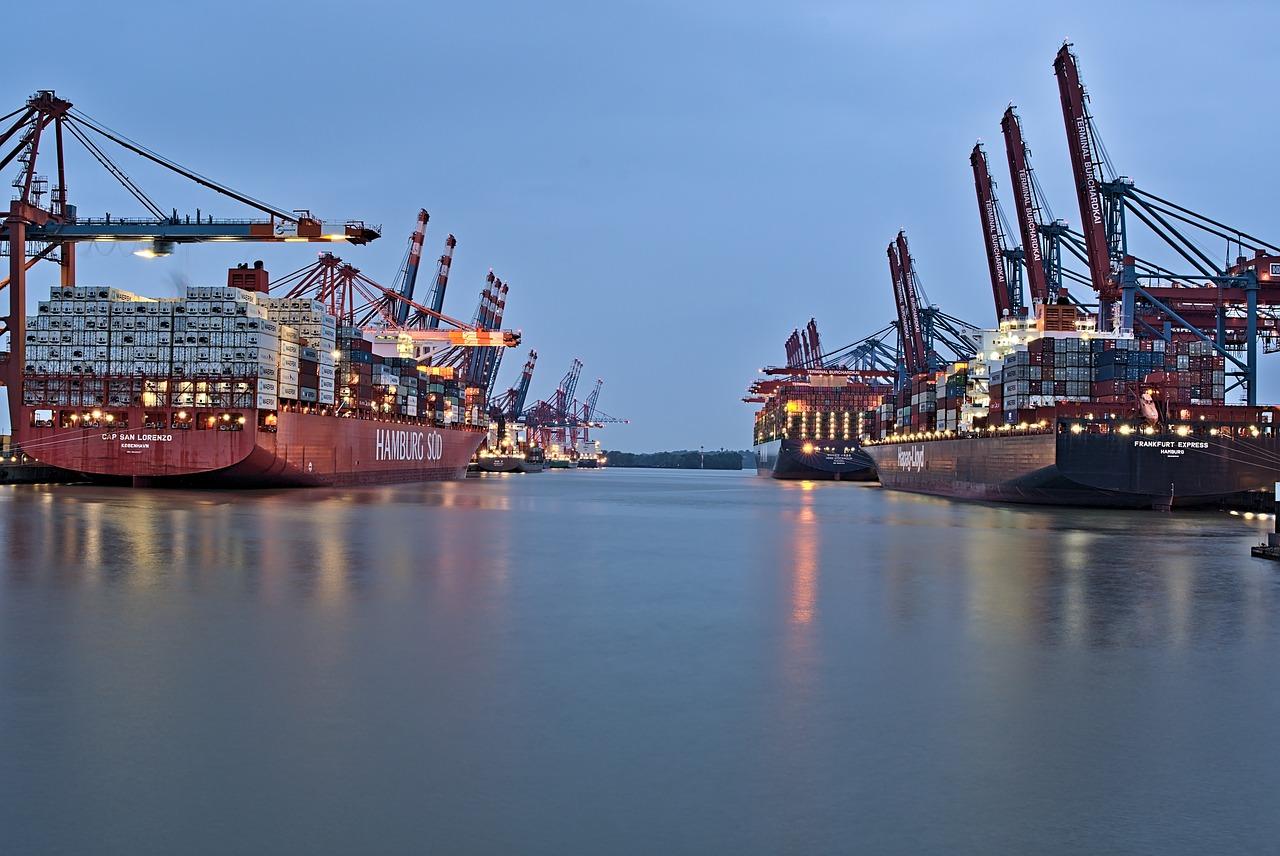
The ongoing Israel-Iran conflict is having unexpected consequences far away from the Middle East, reaching into the fields of North India where Basmati rice farmers are now feeling the heat. While most headlines revolve around oil, gas, and geopolitics, the crisis is also squeezing India's Basmati rice exports, raising serious concerns for thousands of farmers dependent on this crop.
India is the world’s largest producer and exporter of Basmati rice. A significant portion of its Basmati production comes from Punjab, Haryana, and Uttar Pradesh. Punjab alone contributes nearly 40% of India’s total Basmati output, followed closely by Haryana, with Uttar Pradesh also playing a major role, especially in its western and eastern regions where varieties like Pusa Basmati-1 are cultivated. Smaller quantities are also produced in Himachal Pradesh, Uttarakhand, and Bihar.
One of the biggest buyers of Indian Basmati rice has been Iran. According to government data, Iran is India's third-largest buyer of Basmati rice. In the financial year 2024-25, India exported around ₹400 crore worth of Basmati rice to Iran, shipping over 8.55 lakh metric tons. This accounted for approximately 12.6% of India's total Basmati exports.
The conflict has now introduced uncertainty for farmers as the sowing season for Basmati approaches. Farmers in Punjab and Haryana are confused about whether they should plant Basmati this year, fearing that if the war drags on, demand might weaken while production remains high, leading to lower prices and potential financial losses.
Traders are equally worried. The tension in the Middle East is making it difficult to export to Iran. A Times of India report highlights that the war has already reduced Iranian demand for Indian Basmati, and new orders have slowed down. Payments from Iranian buyers, which traditionally take 3 to 6 months, are also getting delayed further. Indian traders often have outstanding payments worth ₹1000 to ₹1200 crore stuck with Iranian buyers, and the conflict has only worsened the situation.
Beyond Iran, India exports about 70% of its Basmati rice to the Gulf and Middle Eastern countries. In 2024-25, India exported 60 million tons of Basmati rice, of which 40 million tons went to Gulf nations, generating about ₹34,000 crore in revenue. Saudi Arabia remains India’s largest Basmati buyer, accounting for roughly 20% of total exports. Iraq stands as the second-largest importer, followed by countries like the UAE, Yemen, Kuwait, Qatar, and Oman.
While exporters and farmers face rising anxiety, consumers may get some temporary relief. The Economic Times reports that Basmati rice prices, which had surged by 15-20% due to earlier export booms, are now beginning to fall as Iranian orders dry up. Export prices have dropped from around $950-$1000 per ton to $900-$950 per ton. Experts predict that if the conflict persists, prices may decline by another 5-15% in the coming months.
In the international market, Basmati prices have already declined significantly over the past few years. In 2022, international prices touched $1300-$1400 per ton. Today, they stand at nearly $900-$950 per ton. Iran, which used to import around $3 billion worth of Indian Basmati back in 2019, has seen its imports fall sharply to around $1.2 billion by 2024. In the first quarter of 2025 alone, India’s exports to Iran amounted to just $465 million.
This trade disruption is concerning not just because of direct rice exports but also due to the larger economic slowdown expected in the Middle East if the war intensifies. If Middle Eastern economies contract, overall demand for Indian agricultural exports, especially Basmati rice, could face additional downward pressure.
The situation may become even more complicated if Iran moves to block the Strait of Hormuz, a crucial shipping lane through which nearly 20-25% of the world's crude oil is transported. India relies heavily on this route for its trade, and any disruption could severely affect oil imports, transportation costs, and overall trade logistics, adding another layer of complexity to Basmati exporters’ problems.
In the end, while many view the Israel-Iran war through the lens of global politics and energy markets, it’s the Indian Basmati farmers who are staring at immediate risks to their livelihoods. As this conflict unfolds, its silent victims might just be the farmers tending their rice fields thousands of miles away.
Disclaimer:
This article is for informational purposes only. The geopolitical situation and trade data are based on publicly available reports and may change rapidly. Readers are advised to follow official sources and consult experts before making any investment or business decisions. The author and publisher are not responsible for any loss or damage arising from reliance on the information provided.




